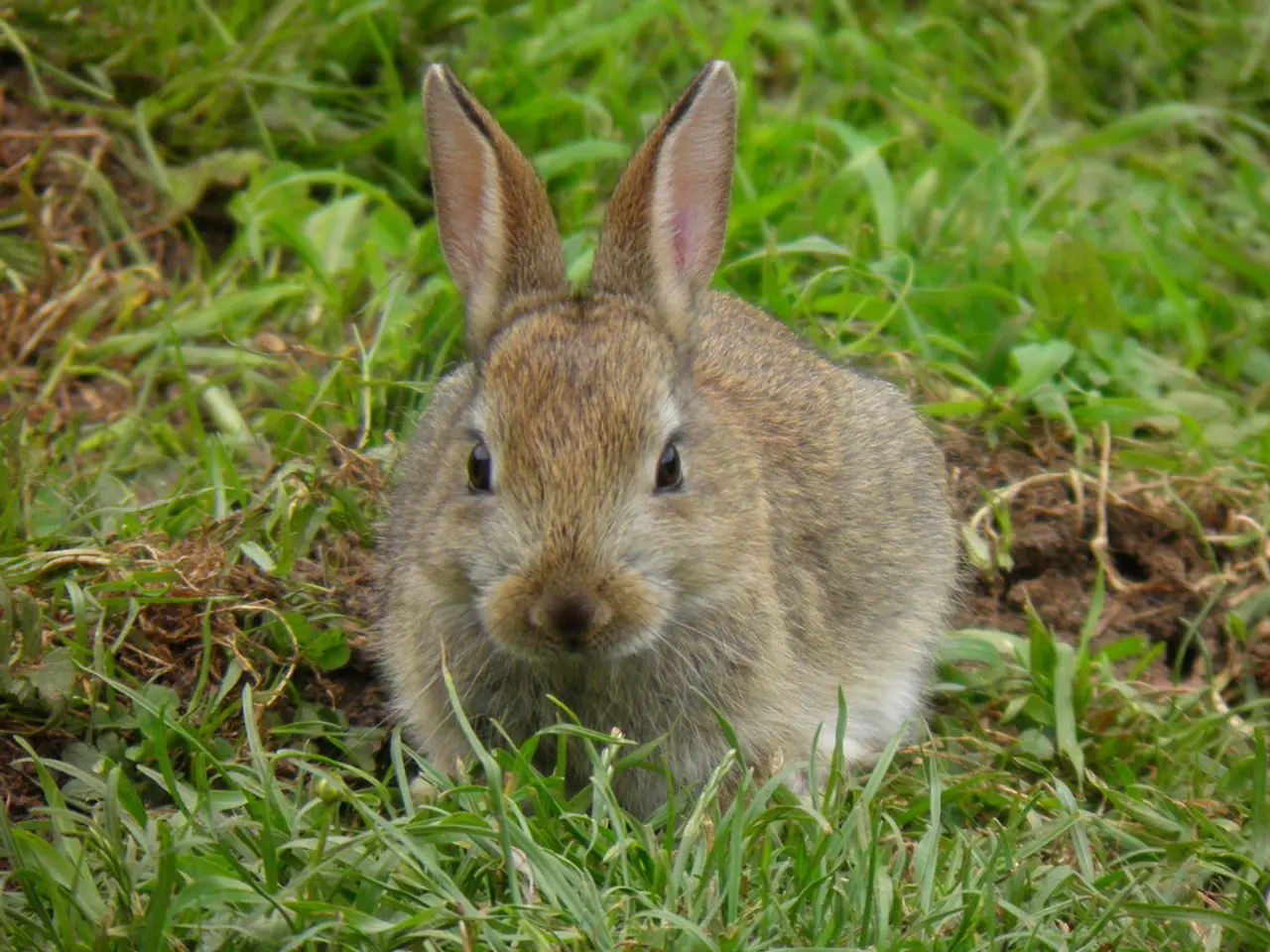Genetically modified rabbits based on Mary Shelley's "Frankenstein" make an appearance in the U.S.
Rabbits in the US Stricken by Cottontail Papillomavirus
A virus known as the Cottontail Papillomavirus, or Shope Papilloma Virus, has been reported in multiple states, including Colorado, causing unusual growths on the heads of rabbits. These growths, often dark, raised, and sometimes horn-like, can be a source of discomfort for the affected rabbits, especially if they interfere with eye function or eating.
The virus naturally infects eastern cottontail rabbits but can also affect other rabbits, including domestic breeds. Transmission occurs mainly via biting insects such as mosquitoes, ticks, and fleas, which carry the virus from infected rabbits to others. Direct contact between rabbits can also spread the virus. Infection rates rise in summer and fall when biting insects are most active.
While the virus is not new, it has recently gained attention due to its spread primarily in the Midwest of the USA. The growths resemble black, tentacle-like horns, leading to the nickname "Frankenstein" among internet users. Colorado Parks and Wildlife spokesperson Kara Van Hoose stated that the rabbits usually get infected in the summer.
Experts advise keeping pets away from affected rabbits and recommend not handling wild rabbits showing symptoms. Despite the visually striking nature of the growths, the Cottontail Papillomavirus poses no direct threat to humans or pets. The virus generally clears in rabbits on its own over a few months without treatment.
The warts that grow into horns from the Cottontail Papillomavirus are usually harmless to the rabbits, as long as they don't obstruct the rabbit's eyes or mouth. The virus, while harmful to rabbits, does not pose a threat to human health. This viral condition, while visually striking, poses no direct threat to humans but can affect wild and domestic rabbit health, highlighting the importance of observing wildlife but avoiding close contact with sick animals.
For those who encounter rabbits with unusual growths, it is essential to maintain a safe distance and avoid contact. The Cottontail Papillomavirus, though harmful to rabbits, does not pose a risk to human health.
Read also:
- Apparition's Significance and its Delivered Messages - as discussed by Sensenmann
- Explored the Popular Health Assessment with a Queue of 100,000 Aspiring Participants - Here's My Unadulterated Opinion
- Hearing impairment condition: Recognizing symptoms and management approaches
- Exploring Recurring Actions in Mature Individuals: An Analysis of Persistent Actions in Adults' Daily Lives





